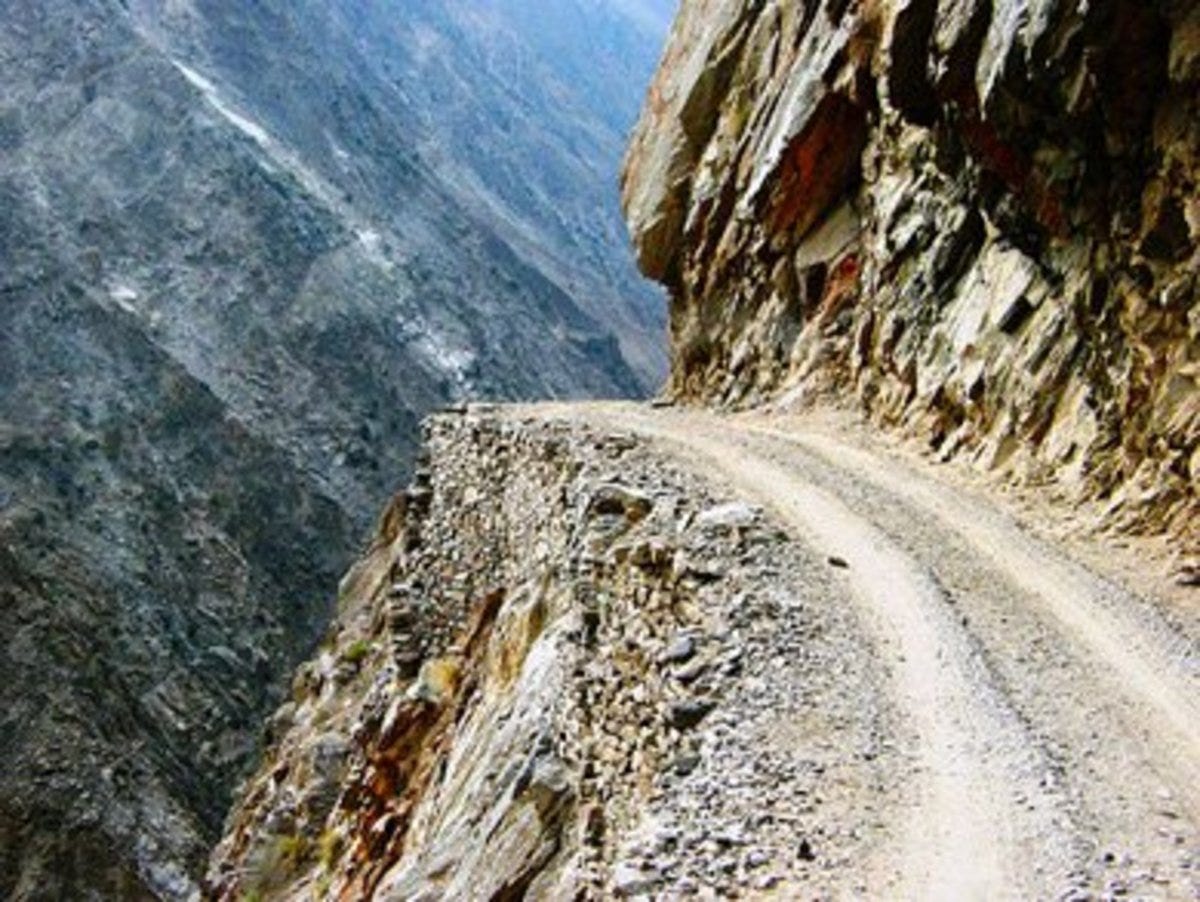In July 2016, I wrote and preached a sermon called “Who’s My Neighbor? That’s Not Jesus’ Question.” It was shortly after Philandro Castile and Alton Sterling were unnecessarily shot by police to the point of death, and five police officers in Dallas had also been shot unnecessarily. It was a sermon on the well-known parable of the Good Samaritan in Luke 10, and as near as I can tell, the only time I’ve preached directly on that story instead of simply referring to it. The story begins with the legal scholar who wants to prove that he is smarter than Jesus. He asks the very human question of “Who is my neighbor?” However, at the end of the story, that’s not the question Jesus asks the scholar. Jesus asks, “Who is a neighbor?” And the answer is, “the person who treated the injured man kindly.” The one who showed mercy. The one who noticed and acted from a place of compassion.
The injured man starts off the story on a journey. While “Jerusalem to Jericho” has a nice alliteration to it, it’s a dangerous 18-mile stretch of road that changes some 3900 feet in altitude. It is a notoriously treacherous road. Robbers loved to hide among the hills and cliffs and prey on travelers. The man must have had good reason to make the trek, anyway, and there were certainly enough other people on the road, judging by the story. So, treacherous, and yet well-traveled.
Some treacherous paths we head down knowing ahead of time that they are dangerous. We can plan for those risks. For a couple years when I lived in a major city, I carried a pepper spray with me in my purse. I never used it. Other times, we don’t know ahead of time that we’re about to embark on a dangerous route, and then it really may seem treacherous, as treachery is linked to the idea of betrayal. We may have thought we were on a “safe” road and feel betrayed when we discover it is not so. We may feel doubly betrayed when the people we would expect to help us, such as the priest and church leader in Jesus’ story, ignore our wounds, because it’s inconvenient, and leave us for dead. Then, a third betrayal of sorts happens when the person we least want help from is the one who is a neighbor to us.
Who shows you kindness when you’re on a treacherous road? Who recognizes where you are and offers to walk alongside you? Who gives you first aid when your wounds are in need of care? In Jesus’ story, he wants to know who was a neighbor to the person in need of care and compassion. He doesn’t care who your neighbor is. He wants to know if you are a neighbor. Who do you help when you recognize that they’re walking a treacherous road? Are you kind to those walking treacherous roads, regardless of their reason for being on that road? Do you offer first aid? Do you pay a hotel or hospital bill? Do you offer support? Your care may not be accepted, and that’s ok. Are you kind, anyway?
Treacherous roads are so tricky, and we all walk them at some point in time or another. Sometimes we know ahead of time; sometimes we don’t realize it until we’re well into the journey. And when we’re on them, we all need kindness shown to us. So, be kind to your fellow traveler. Don’t worry about who your neighbor is; instead, be a neighbor.




